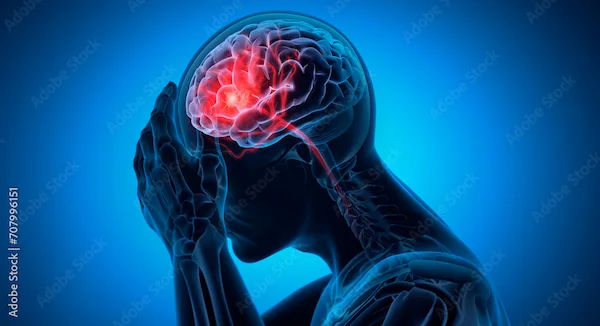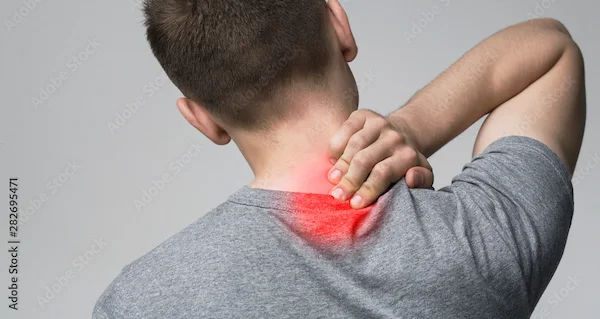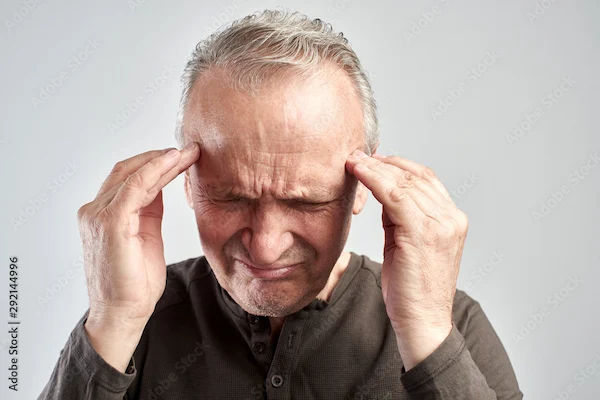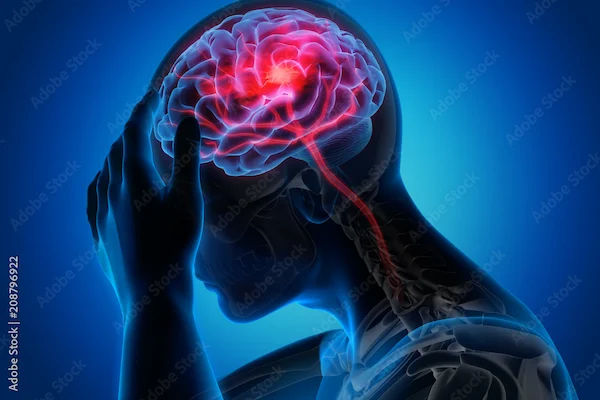Understanding Stroke First Aid Procedures
Learn the essential first aid steps to take when someone is having a stroke. This guide explains how to recognise stroke symptoms quickly and provide the right care until help arrives.

Written by Dr. Rohinipriyanka Pondugula
Reviewed by Dr. D Bhanu Prakash MBBS, AFIH, Advanced certificate in critical care medicine, Fellowship in critical care medicine
Last updated on 12th Aug, 2025

A stroke is a medical emergency that occurs when blood flow to a part of the brain is interrupted, either due to a blockage (ischemic stroke) or bleeding (hemorrhagic stroke). Without prompt treatment, brain cells begin to die within minutes, leading to long-term disability or even death. Recognising the signs of a stroke and knowing how to respond can save a life.
What Are the Signs of a Stroke?
The key symptoms of a stroke can be remembered using the acronym FAST:
- Face drooping: One side of the face may become numb or droop. Ask the person to smile—if one side doesn’t move, it could be a stroke.
- Arm weakness: One arm may feel weak or numb. Ask the person to raise both arms—if one drifts downward, it’s a warning sign.
- Speech difficulty: Speech may be slurred, or the person may struggle to form words. Ask them to repeat a simple sentence.
- Time to call emergency services: If any of these symptoms appear, call for help immediately.
Other symptoms may include:
- Sudden confusion or trouble understanding speech
- Sudden severe headache with no known cause
- Sudden vision problems in one or both eyes
- Sudden dizziness, loss of balance, or trouble walking
Why Is Immediate Action Important?
Every minute counts during a stroke. The sooner medical treatment begins, the better the chances of recovery. Delayed treatment can lead to:
- Permanent brain damage
- Long-term disability (such as paralysis or speech difficulties)
- Increased risk of death
What to Do If Someone Is Having a Stroke?
Here’s what you should do if you’re having a stroke:
1. Call Emergency Services Immediately: Do not wait to see if symptoms improve. Dial your local emergency number (like 108 in India) or rush to the nearest hospital.
2. Note the Time of Symptom Onset: Doctors need to know when symptoms started to determine the best treatment.
3. Keep the Person Calm and Comfortable: Have them sit or lie down in a safe position. If they are unconscious, place them on their side to prevent choking.
4. Do NOT Give Food, Water, or Medicine: A stroke can affect swallowing, increasing the risk of choking.
5. Monitor Breathing: If the person stops breathing, perform CPR if you are trained.
Consult Top Heart Specialists
What Not to Do During a Stroke?
- Do not ignore symptoms: Even if symptoms seem mild or disappear, they could be a warning sign of a "mini-stroke" (TIA), which requires medical attention.
- Do not drive the person to the hospital yourself: Emergency medical services (EMS) can provide life-saving care on the way.
- Do not give aspirin: While aspirin helps in some strokes, it can worsen bleeding in hemorrhagic strokes. Only a doctor should decide the treatment.
How Can You Reduce the Risk of Stroke?
While some risk factors (like age or family history) cannot be changed, many lifestyle changes can lower your risk:
- Control High Blood Pressure: The leading cause of stroke. Monitor your BP regularly and take prescribed medications.
- Manage Diabetes: High blood sugar damages blood vessels over time.
- Quit Smoking: Smoking increases clot formation and artery damage.
- Maintain a Healthy Diet: Eat more fruits, vegetables, whole grains, and lean proteins. Reduce salt, sugar, and processed foods.
- Exercise Regularly: Aim for at least 30 minutes of moderate activity most days.
- Limit Alcohol: Excessive drinking raises blood pressure.
- Maintain a Healthy Weight: Obesity increases stroke risk.
Recovery After a Stroke
Recovery depends on the severity of the stroke and how quickly treatment was given.
Rehabilitation may include:
- Physical therapy: To regain movement and strength.
- Speech therapy: To improve communication skills.
- Occupational therapy: To relearn daily activities like dressing and eating.
Support from family and caregivers plays a crucial role in recovery.
When to See a Doctor?
If you or someone you know experiences stroke symptoms, seek emergency care immediately. Even if symptoms fade, a Transient Ischemic Attack (TIA or "mini-stroke") is a warning sign that a major stroke could follow.
For stroke risk assessment or follow-up care, you can consult a neurologist through Apollo 24|7. Early detection and preventive care can save lives.
Conclusion
A stroke is a life-threatening emergency, but quick action can make all the difference. By recognising the signs (FAST), calling for help immediately, and adopting a healthy lifestyle, you can protect yourself and your loved ones. Stay informed, stay prepared, and act fast—because every second counts.
If you have concerns about stroke risk factors or need expert advice, book a consultation with a specialist today on Apollo 24|7. Your health is worth it!
Consult Top Heart Specialists
Consult Top Heart Specialists

Dr. Bhukya Pavan Kalyan
General Physician
5 Years • MBBS DNB Paediatrics
Bengaluru
PRESTIGE SHANTHINIKETAN - SOCIETY CLINIC, Bengaluru

Dr. Tripti Deb
Cardiologist
40 Years • MBBS, MD, DM, FACC, FESC
Hyderabad
Apollo Hospitals Jubilee Hills, Hyderabad

Dr. Anand Ravi
General Physician
2 Years • MBBS
Bengaluru
PRESTIGE SHANTHINIKETAN - SOCIETY CLINIC, Bengaluru

Dr. Zulkarnain
General Physician
2 Years • MBBS, PGDM, FFM
Bengaluru
PRESTIGE SHANTHINIKETAN - SOCIETY CLINIC, Bengaluru
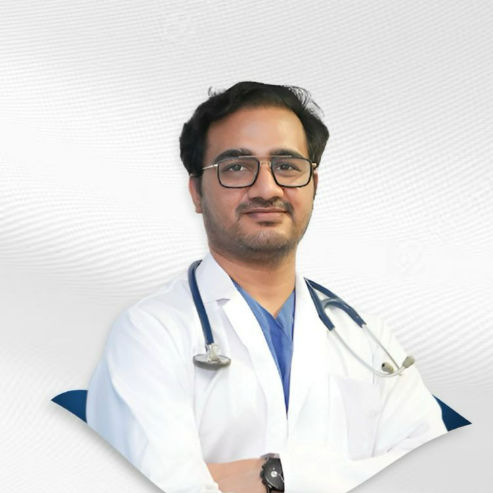
Dr. Janjirala Seshivardhan
Cardiologist
7 Years • MBBS,DNB(GM),DM(Cardiology)
Manikonda Jagir
Apollo Clinic, Manikonda, Manikonda Jagir
Consult Top Heart Specialists

Dr. Bhukya Pavan Kalyan
General Physician
5 Years • MBBS DNB Paediatrics
Bengaluru
PRESTIGE SHANTHINIKETAN - SOCIETY CLINIC, Bengaluru

Dr. Tripti Deb
Cardiologist
40 Years • MBBS, MD, DM, FACC, FESC
Hyderabad
Apollo Hospitals Jubilee Hills, Hyderabad

Dr. Anand Ravi
General Physician
2 Years • MBBS
Bengaluru
PRESTIGE SHANTHINIKETAN - SOCIETY CLINIC, Bengaluru

Dr. Zulkarnain
General Physician
2 Years • MBBS, PGDM, FFM
Bengaluru
PRESTIGE SHANTHINIKETAN - SOCIETY CLINIC, Bengaluru

Dr. Janjirala Seshivardhan
Cardiologist
7 Years • MBBS,DNB(GM),DM(Cardiology)
Manikonda Jagir
Apollo Clinic, Manikonda, Manikonda Jagir
